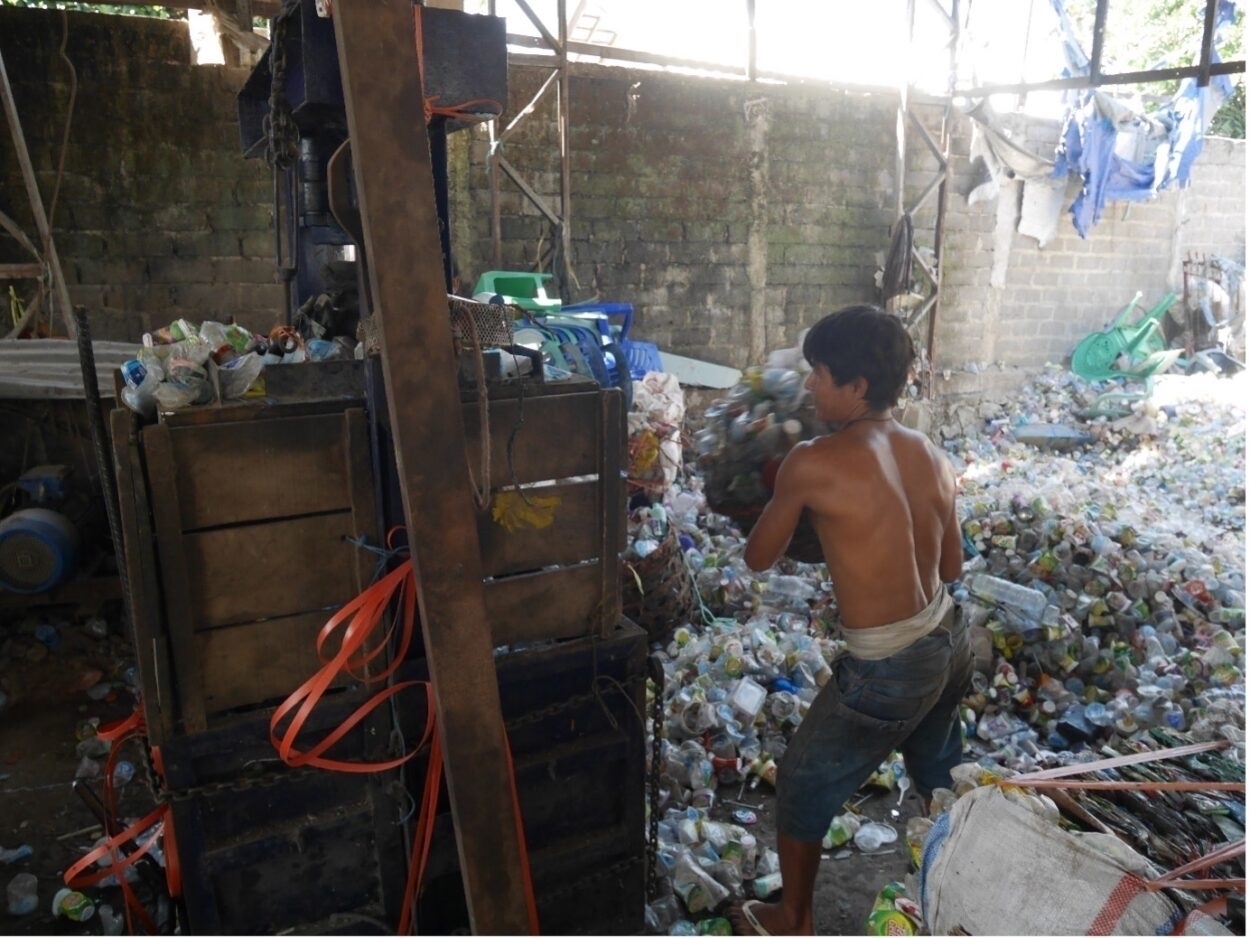The plastipelago: Indonesia’s encounter with the “plasticene” has led to a naïve and hasty government effort to rebrand waste as an asset
This alchemic-like ambition to turn discarded plastics into new objects can also be seen at the hands of government agencies. One such example, is the efforts of the Indonesian Ministry of Public Works and Public Housing (MoPWH) to incorporate discarded single-use plastics into road tar for building national roads in the country. According to Danis Sumadilaga, the head of the Agency for Research and Development at the MoPWH, mixing plastic waste with asphalt will result in stronger and more stable roads.
While it is certainly better to have wild plastic discards sequestered inside a road, rather than scattered in the environment or buried deep inside animals’ entrails, this development undoubtedly erects a speed bump on the road towards the nationwide ban on single-use plastics. In other words, mixing single-use plastics with asphalt makes plastic appear as unproblematic. To return to the concept of Plasticene, the plastic road is representative of both the human alteration—the plastification—of the environment, and the blind assumption that the circular economy can coalesce economic growth with sustainability.
